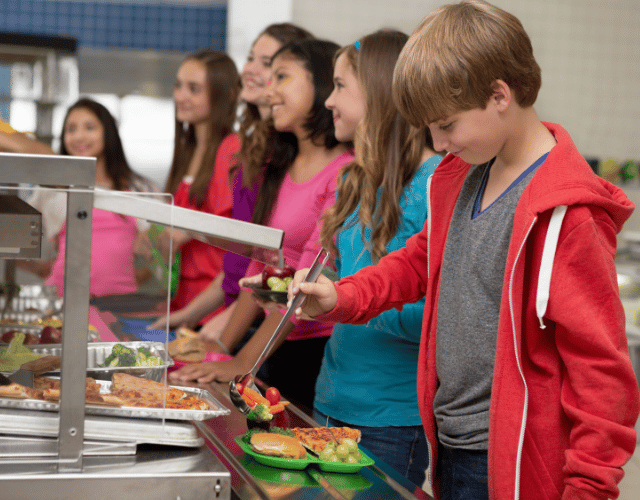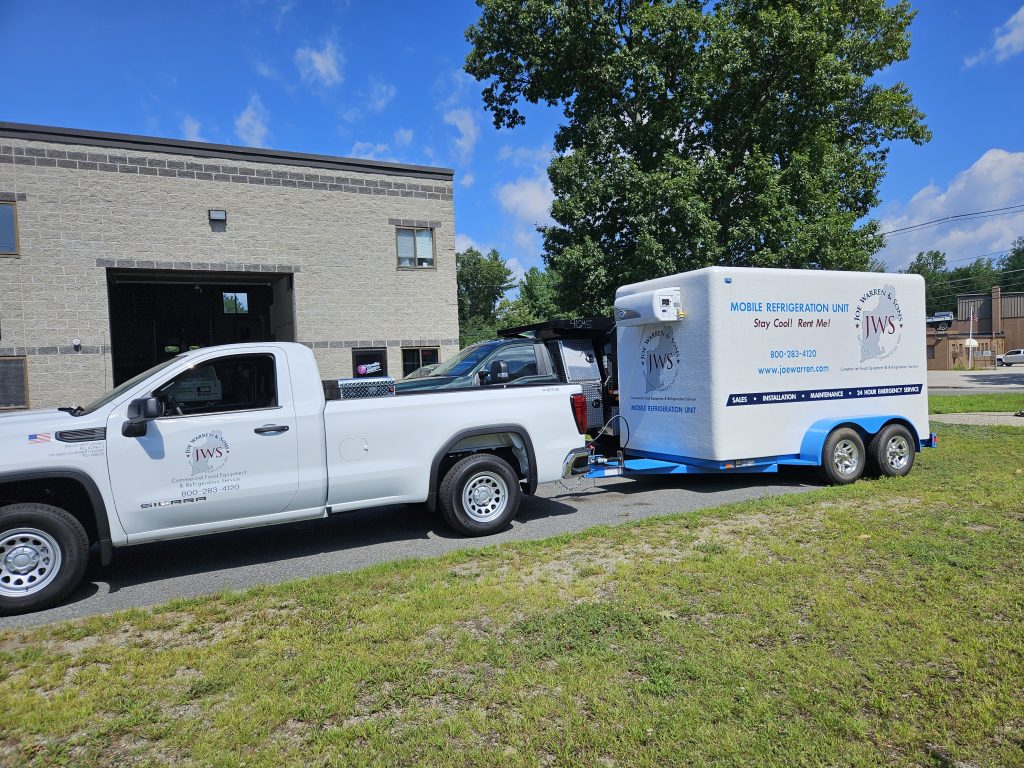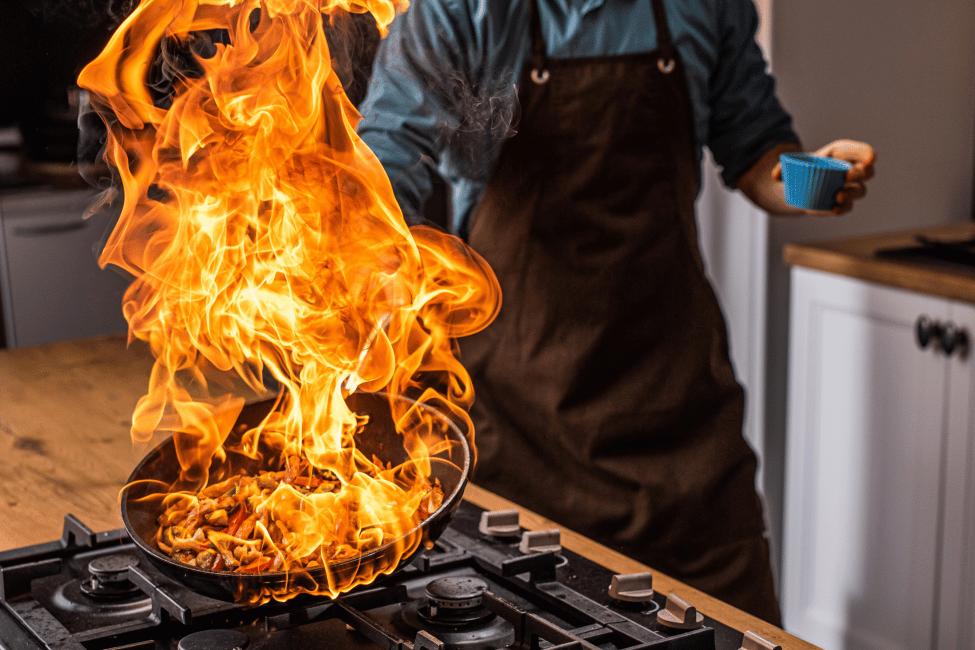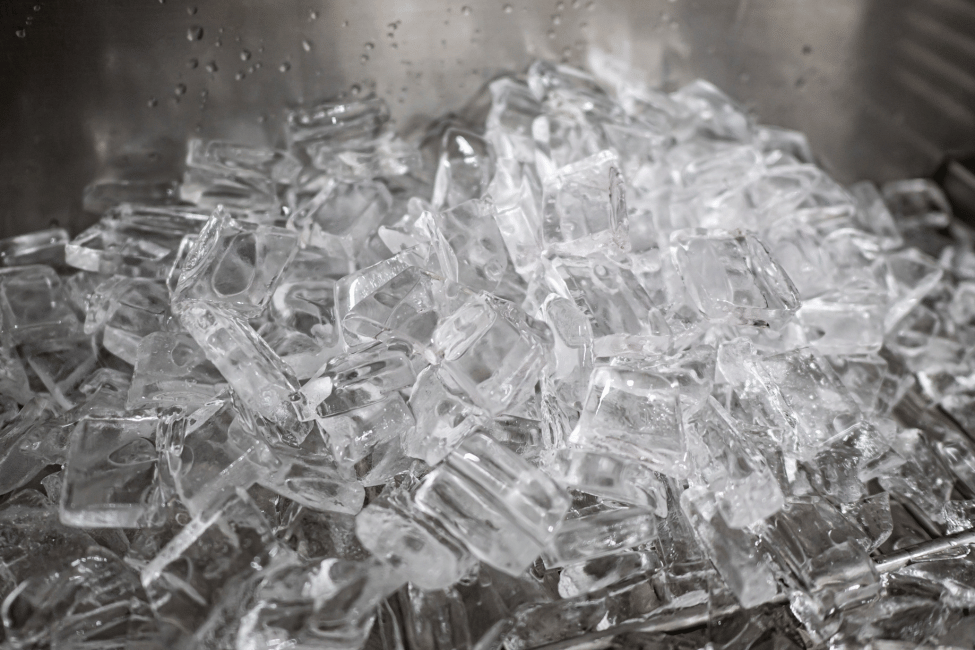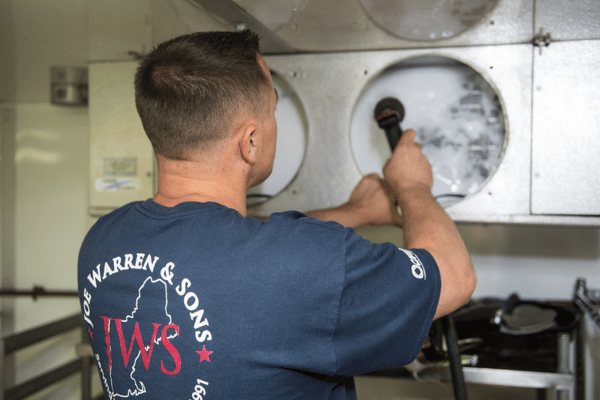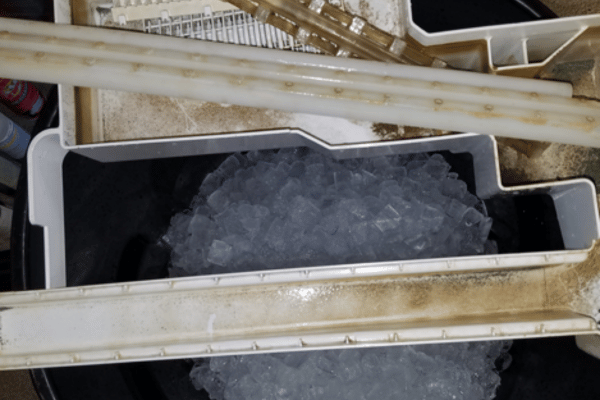As the vibrant colors of fall usher in a new academic year, schools and universities are bustling with activity once again. After a summer of potentially limited use, the kitchen equipment in educational institutions is about to face the ultimate stress test. With a surge in demand due to increased student numbers, it’s crucial to ensure that your restaurant equipment is operating at its peak efficiency. Not only does this ensure smooth operations, but it also helps minimize energy costs. Here, we’ll explore some energy-saving tips to maximize efficiency and keep costs in check during the busy fall season.
1. Inspect and Maintain Regularly:
Before the hustle and bustle of the school year begins, conduct a thorough inspection of your kitchen equipment. Check for signs of wear and tear, damaged parts, and any areas that may need servicing. Regular maintenance not only extends the lifespan of your equipment but also ensures that it runs efficiently, saving both energy and money.
2. Update to Energy-Efficient Models:
Consider upgrading to energy-efficient models of kitchen equipment. Appliances with the ENERGY STAR label are designed to consume less energy without compromising performance. While the initial investment might be higher, the long-term energy savings and reduced maintenance costs make it a financially sound decision, especially for institutions that rely heavily on their kitchen equipment.
3. Optimize Cooking Times:
Efficiency in the kitchen isn’t just about the equipment—it’s also about how you use it. Train your staff to optimize cooking times and schedules. Batch cooking can help reduce the overall time that equipment needs to be active, leading to energy savings. Additionally, use equipment like convection ovens and induction cooktops, which heat up faster and consume less energy compared to traditional models.
4. Utilize Timers and Thermostats:
Many modern kitchen appliances are equipped with timers and thermostats that allow you to control and monitor their usage. Use these features to your advantage. Set timers for equipment that doesn’t need to run continuously, and program thermostats to maintain the optimal temperature without unnecessary fluctuations. This way, your equipment operates only when needed, leading to energy conservation.
5. Practice Proper Maintenance:
Educate your staff about the importance of proper equipment care. Regular cleaning of filters, vents, and coils improves equipment efficiency by ensuring optimal airflow and heat exchange. Clogged filters and coils make equipment work harder, consuming more energy in the process. Implement a routine maintenance schedule to keep equipment in top shape throughout the year.
6. Minimize Idle Time:
Idle equipment can be an energy drain. Encourage your staff to turn off equipment that’s not in use, even if it’s for a short period. Leaving equipment on unnecessarily can lead to significant energy wastage over time. A simple reminder to power down can go a long way in reducing energy consumption.
7. Offer Training and Guidelines:
Provide your staff with comprehensive training on the proper use of kitchen equipment. Teach them about energy-saving practices, such as not overloading appliances, using the appropriate settings, and avoiding preheating when unnecessary. By arming your team with the knowledge they need, you empower them to contribute to energy efficiency in the kitchen.
As educational institutions gear up for the fall semester, the efficient operation of kitchen equipment becomes paramount. By implementing these energy-saving tips, you not only maximize efficiency but also minimize costs, contributing to a sustainable and fiscally responsible kitchen operation. Whether it’s upgrading to energy-efficient models, optimizing cooking times, or practicing proper maintenance, each step you take can make a significant impact on both your bottom line and the environment. This fall, let’s embrace smart energy practices and lead the way in creating a greener and more efficient culinary environment for students and staff alike.
If you need help with your kitchen equipment, contact our professionals at Joe Warren & Sons today.

